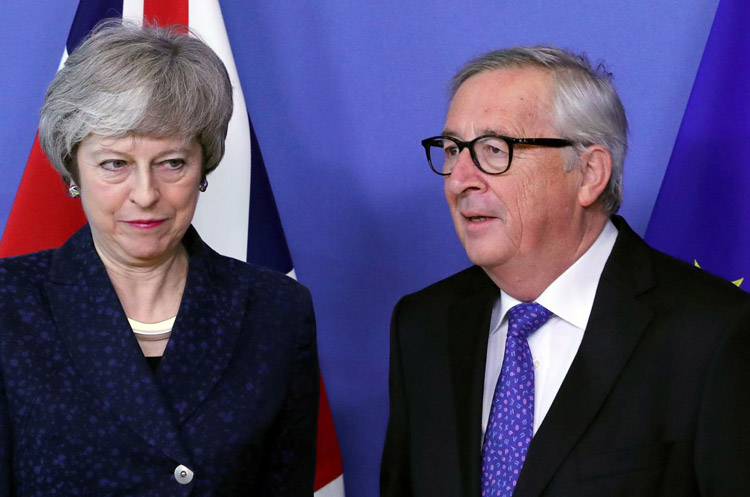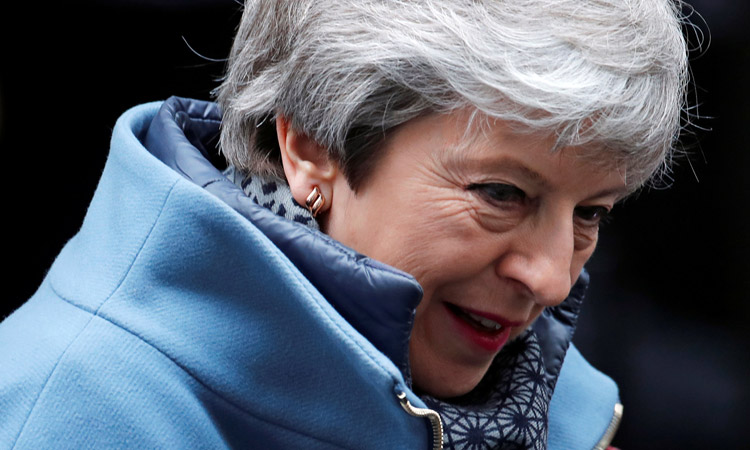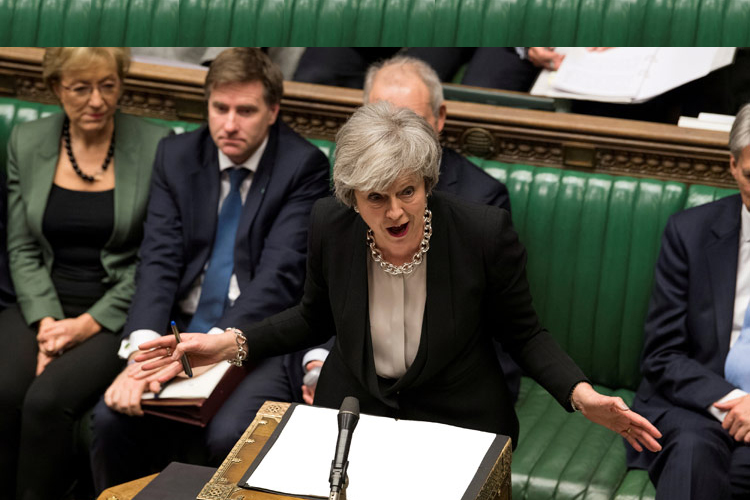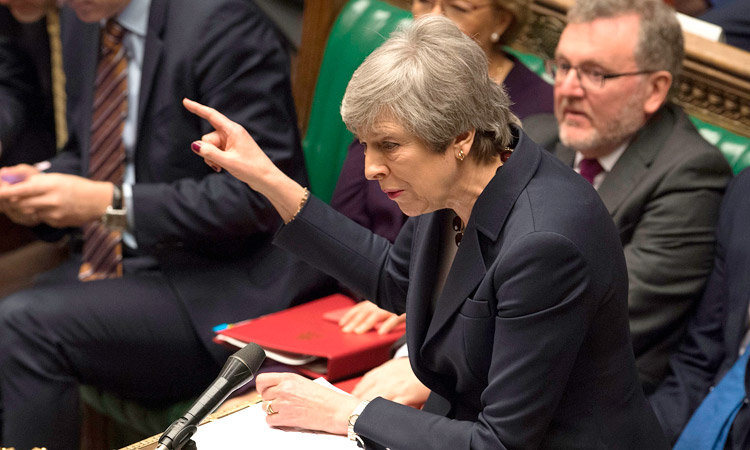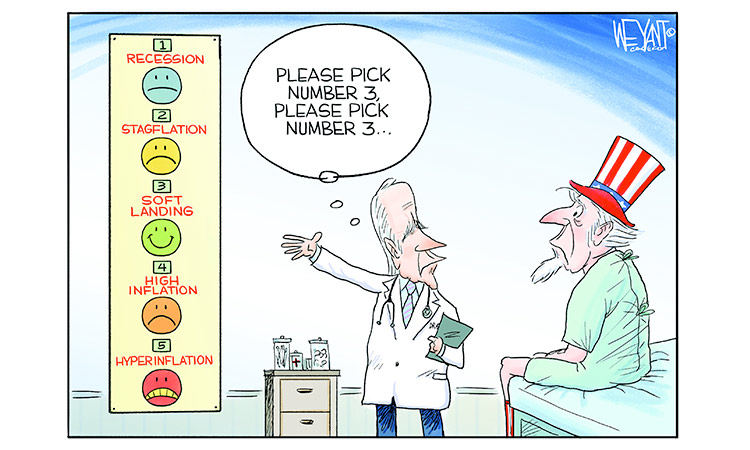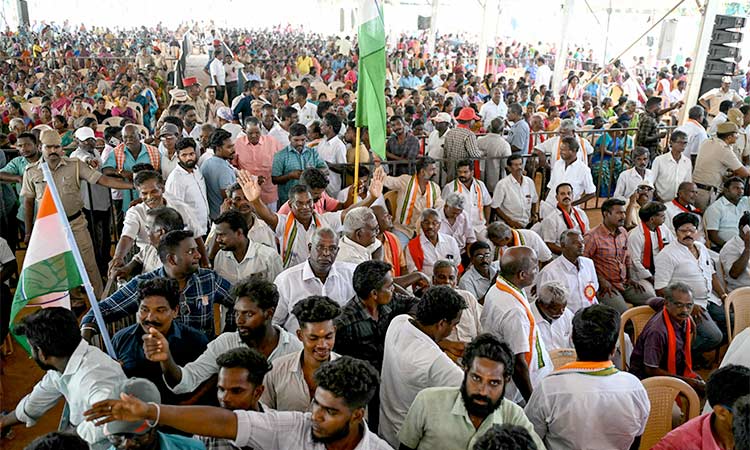European polls have made a Final Say much more likely

Andrew Grice
Political columnist for The Independent.
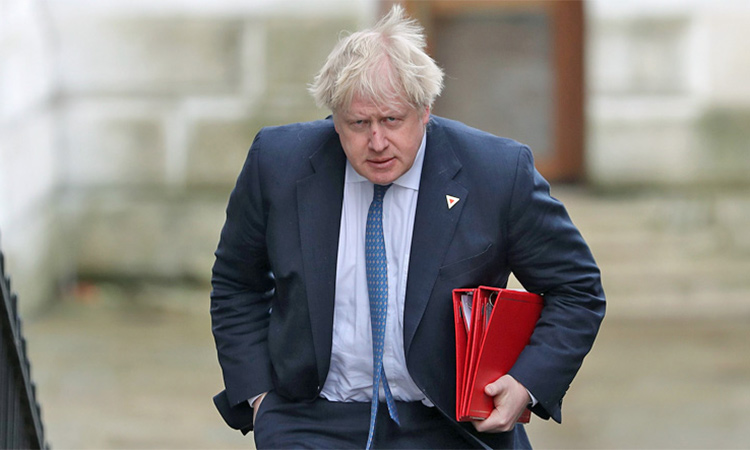
Boris Johnson.
The European elections have made a Final Say referendum more likely. Although Nigel Farage opposes a public vote as yet another “betrayal”, his undisputed victory will not stop this momentum.
Labour, which had hoped to come second, finished third behind the re-energised Liberal Democrats with just 14 per cent of the vote. Labour also hoped its poor performance would be eclipsed by the Tories’ disaster. That might have worked if Theresa May had not announced her resignation on Friday, and instead quit today. But there is no hiding place for Labour now.
Jeremy Corbyn’s allies believe they could see off the Lib Dems at a general election by attacking them on austerity and university tuition fees, though they cannot assume all the Labour defectors would return. However, I suspect the party will learn the right lesson from these elections.
Corbyn will now be unable to stop his party’s annual conference in September coming out in favour of a Final Say in all circumstances. It was noticeable that Corbyn’s post-election statement did not mention a Labour Brexit deal and said instead, “this issue will have to go back to the people, whether through a general election or a public vote.” John McDonnell has also joined Emily Thornberry in calling for “a public vote.”
There are calls for Labour to ballot its 500,000 members on Brexit policy or hold a special conference. More likely is that Labour’s national executive party adopts a clearer pro-referendum stance, and then the conference completes Labour’s tortoise-like journey. There will be resistance from diehards like the Unite leader Len McCluskey, who will wrongly attribute the criticism of Corbyn’s stance as an attempt to oust him. He always does. True, diehards can point to the Brexit Party taking votes from Labour in Leave areas, which could also happen at a general election.
It is now clear Labour cannot go into one with its opaque policy. It’s ‘all things to all people’ approach has become the worst of all worlds, giving Leavers the impression it backs Remain and Remainers that it backs Leave. Labour can’t go on like this, and surely won’t.
In contrast, the Tories, whose 9 per cent share of the vote and fifth place was the worst result in their history, will almost certainly draw the wrong conclusion. Farage’s triumph will only increase the pressure on the candidates vying to succeed Theresa May to adopt the hardest possible line to win back its lost voters. The centre of gravity in the Conservative Party will shift even further towards leaving without a deal when the next deadline arrives on 31 October.
Boris Johnson, or whoever beats him, might make a token attempt to renegotiate May’s withdrawal agreement but time will be very short. Although a further delay to the Article 50 process would be sensible, and the mood in Brussels is to give the UK “one more extension”, the new Tory leader would not want to play into Farage’s hands by risking one.
On paper, a general election is the last thing the Tories need, with Farage warning that he is already preparing for one so that his six-week-old party can repeat last night’s success. It is very difficult to see the Tories winning a general election before Brexit has been delivered. Despite that, the momentum towards no deal may become unstoppable. If the prime minister were committed to this risky, economically-damaging course, the only way to block it might be for a handful of Tory MPs to support opposition parties in passing a no confidence vote in the government. They might even include the chancellor Philip Hammond. If no other PM could win a positive vote of confidence within 14 days, under the Fixed-term Parliaments Act a general election would be held.
